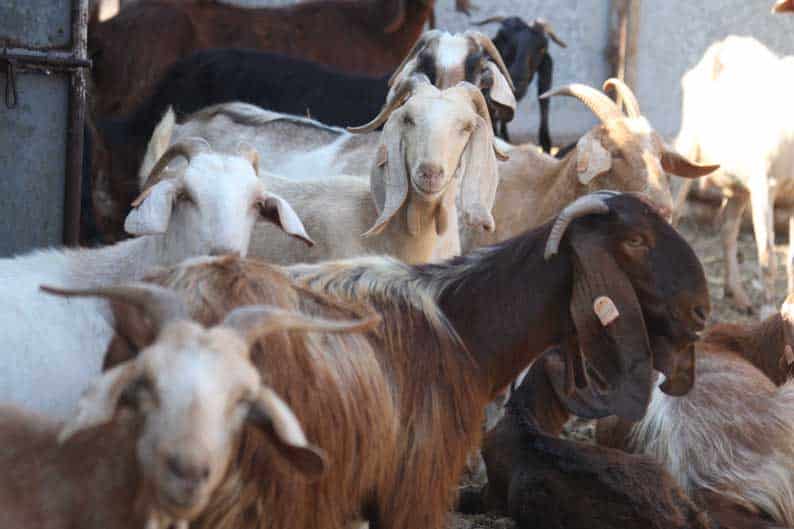State officials assured parliamentarians on Tuesday that authorities have gone on high alert and are taking all necessary measures to prevent a possible spread of goat and sheep pox from the north to the south.
At the House agriculture committee, officials briefed MPs on the plan drawn up to prevent the spread of the disease, as well as the steps to be taken in case it does infect animals in the south.
In the event animals are infected, the only solution would be to cull them. And if the infection happened to spread, authorities would put into effect their ‘Plan B’ – inoculations.
Officials said the European Commission has already been briefed, and that Brussels is ready to provide vaccines should Cyprus need them.
Vaccines cannot be used preventatively – before the virus appears – and can only be administered once the virus is tracked.
Assurances were given that sheep and goat pox poses no risk to public health – it does not infect people.
Permanent secretary at the agriculture ministry Andreas Gregoriou described to MPs the preventative measures already in place – including designating risk zones, prohibiting the movement of animals, and on-site inspections. He said farmers were alerted via SMS to look for signs of symptoms or a sudden increase of deaths in animals.
“It is a viral disease which exclusively infects sheep and goats,” said the head of the state veterinary services Christodoulos Pipis. “Viruses cannot survive outside a living organism.”
Pipis said the virus can be destroyed using certain disinfectants, and that animal farmers have already been advised about which disinfectants work.
The virus is not as resilient to sun exposure as other viruses with a coating, he added.
But it can be carried on shoe soles, clothes and machinery, and spread via hay and straw.
Responding to questions, Pipis said the special measures will be in force for 30 days.
He said the veterinary services have learned that no new cases of sheep and goat pox have been detected in the north.
Authorities in the north have procured 20,000 vaccine doses. Vaccination there got underway last week, with the goal of inoculating some 15,000 animals.
According to the latest information, to date 35 animals have been put down in the north.







Click here to change your cookie preferences